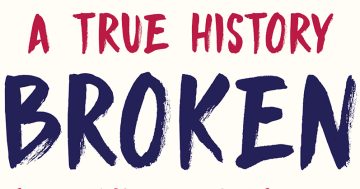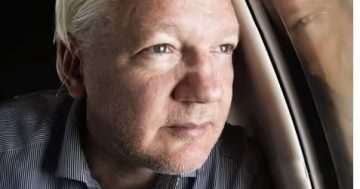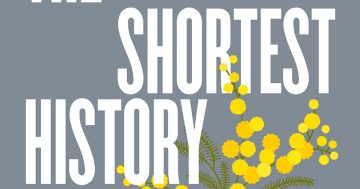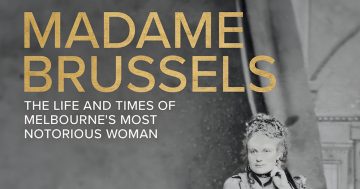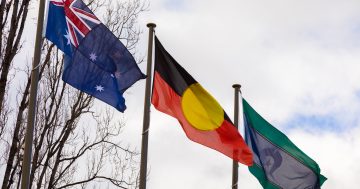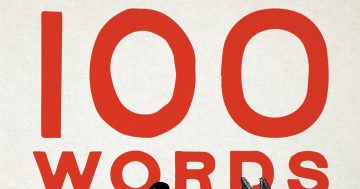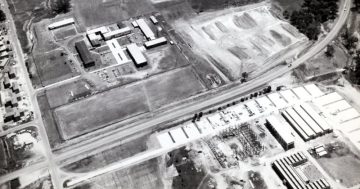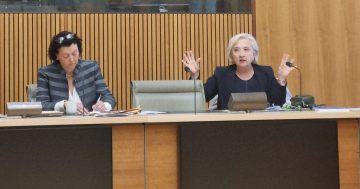Reviewed by Rama Gaind.
By Russell Marks, La Trobe University Press, $34.99.
 In this trailblazing book, criminal defence lawyer Russell Marks investigates what’s described as Australia’s incarceration epidemic. One of the questions is how and why Australia’s legal system fails Aboriginal and Torres Strait Islander people?
In this trailblazing book, criminal defence lawyer Russell Marks investigates what’s described as Australia’s incarceration epidemic. One of the questions is how and why Australia’s legal system fails Aboriginal and Torres Strait Islander people?
Statistics reveal a disturbing story: Indigenous Australians are the most incarcerated people on the planet. Indigenous men are 15 times more likely to be locked up than their non-Indigenous counterparts; Indigenous women are 21 times more likely.
An Adjunct Research Fellow at La Trobe University, Marks provides a first-hand account from the frontline of how so many First Nations people keep ending up in jail, over and over again.
“How should we tell the story of Indigenous incarceration in Australia? Only part of it is in the numbers. And we can’t get very far by looking at the crimes that see Indigenous offenders punished by courts and sentenced to prison … To really grapple with the problem of Indigenous incarceration requires us to accept the possibility that there might be another way. That the current state of affairs — where entire families sometimes spend time behind bars – is not inevitable.”
As Marks points out: this book makes an argument specifically against the enduring practice of imposing laws and solutions onto colonised nations and communities, It is about the stories that Settler Australia has told itself about Indigenous crime and how to control it.
“If we can see how these stories have changed over nearly 235 years, we may be able to see more clearly how the way Settler Australia talks and thinks about Indigenous crime might change again. It may then be possible to see that Settler Australia can’t ‘reform’ its own system — its police force, its criminal courts, its correctional agencies — without first dropping its jealously guarded universality and sheen of neutrality, and entering into, at long last, a relationship of genuine respect and mutuality with Aboriginal and Torres Strait Islander communities and nations.”
That is the kind of relationship Indigenous people have been asking for more than two centuries.


